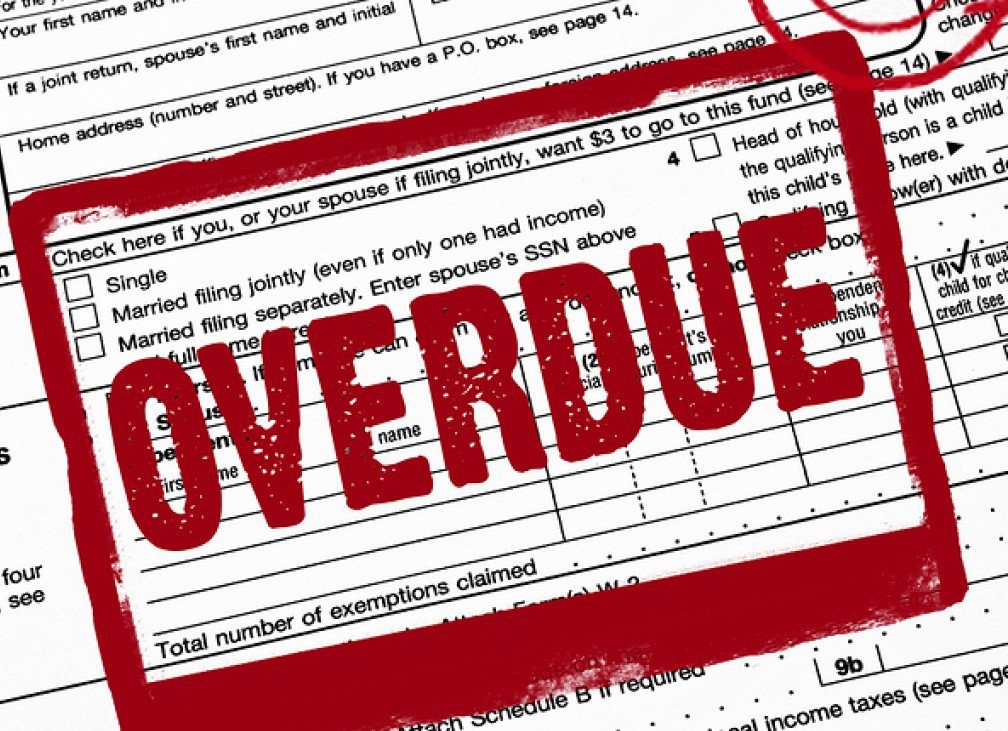The Difference Between Capital Expenditures & Expenses
February 23, 2014
The distinction between capital expenditures and expenses may seem obvious. But the IRS may see it differently.
There are capital expenditures and there are expenses. And most of the time, the line between them seems pretty clear to business owners come tax season. But there can be some gray areas.
If you bought new equipment like a computer, a bulldozer, or a coffee shop espresso machine, you probably know that these are capital expenditures you can write off in one year or deduct and depreciate over the years it is in use. Essentially, capital expenditures are assets that help you generate revenue for years to come but go down in value.
Expenses on the other hand, are simply the costs that occur in a year for supplies consumed doing business within that year. These are expenses like paper, breakroom coffee, travel costs, business cards and so on.
But because businesses are unique and everyone’s situation is different, there are gray areas that filers don’t always quite understand and improperly file as a result which can send a red flag to the IRS—especially in the Digital Age. What about a website? Or software? Where do these fall in relation to Capital Expenditures and Expenses?
Deductions for business owners can be tricky. It’s always best to use a qualified tax professional like us to help you ensure your chances of filing properly and minimizing your chances of an audit. Give us a call today!









